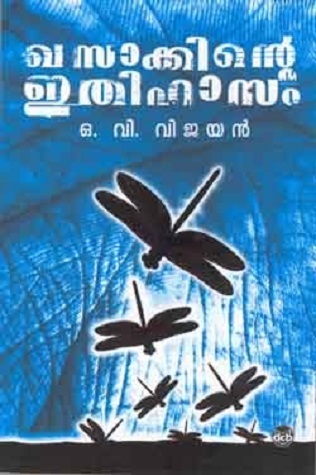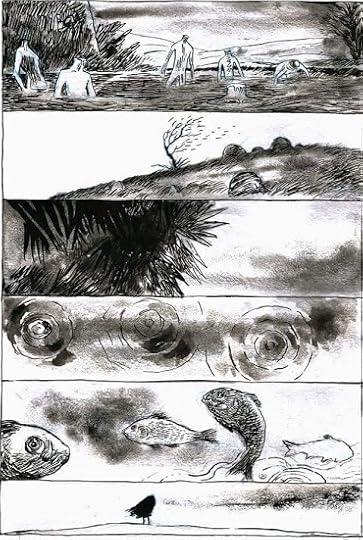What do you think?
Rate this book


164 pages, Paperback
First published November 12, 1969

I wish to escape nothing, Ravi answered from within his silence, I want to be the sand of the desert, each grain of sand; I want to be the lake, each minute droplet. I want to be the laya, the dissolution